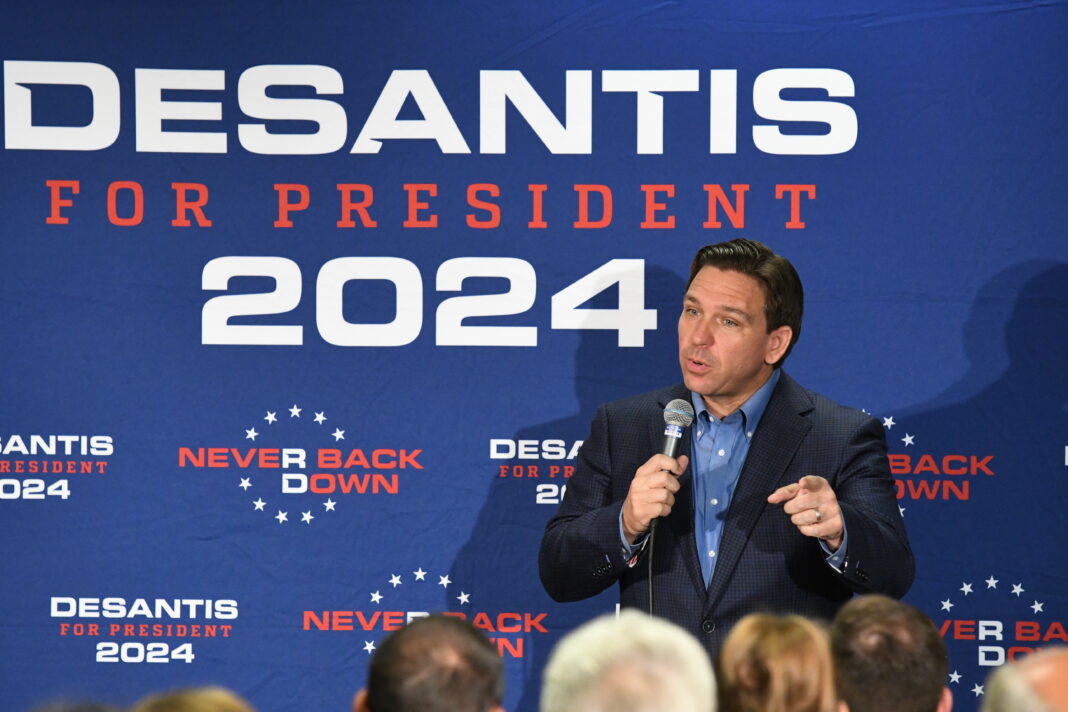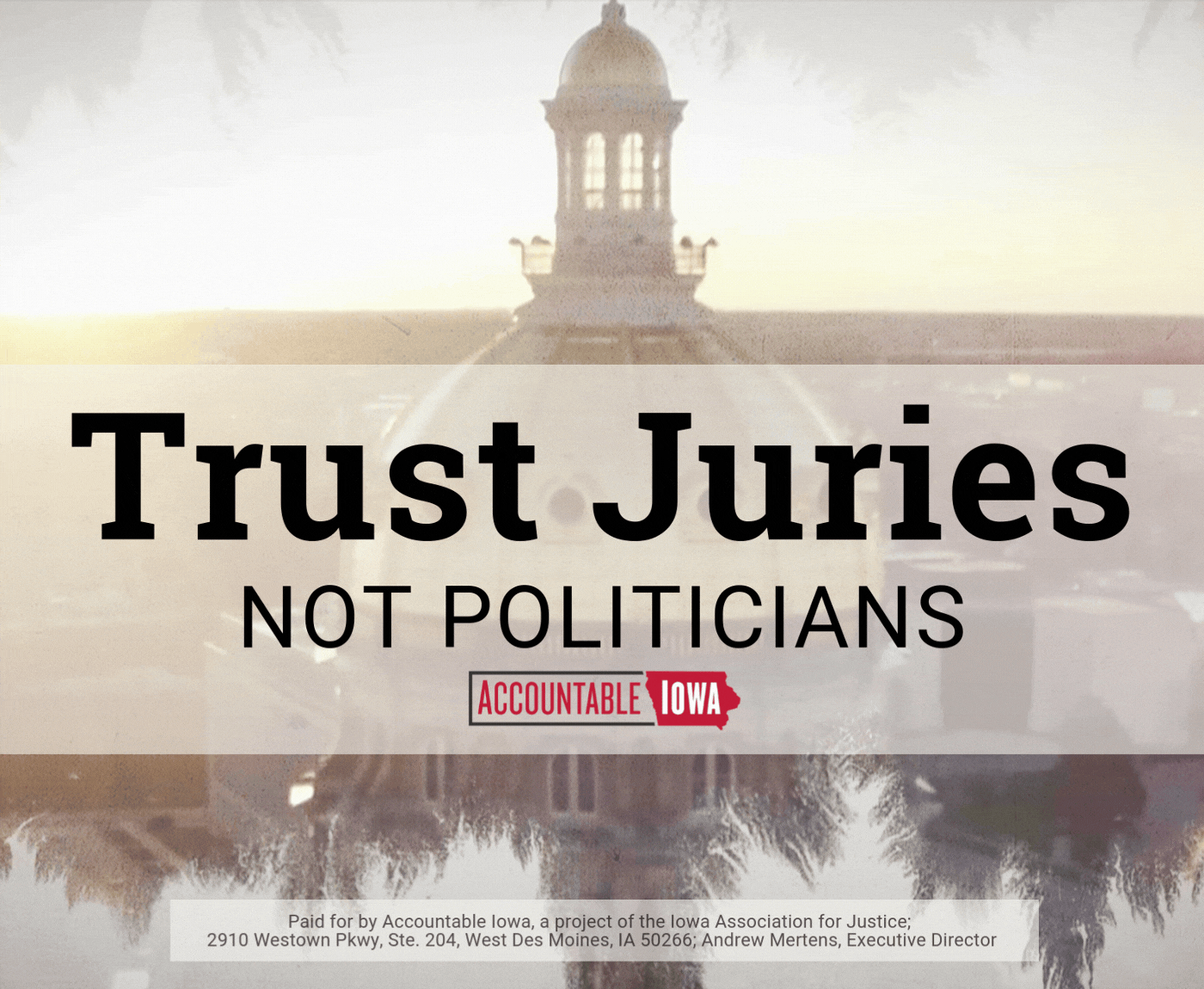On Monday, the Eleventh Circuit Court of Appeals issued an order allowing Florida to protect children and enforce its state law banning harmful puberty blockers, hormone treatments, and mutilating surgeries for minors. The three-judge panel ruled 2-1 to preliminarily remove a lower court’s block on the law allowing it to take immediate effect for now. The Appeals Court also agreed to hear full oral arguments in the case later this year to make its final determination on the law’s future.
The law in question is Florida’s SB 254, which became law in May 2023 when Governor Ron DeSantis signed the “Let Kids Be Kids” bill package. The bill package included SB 254 and four other separate laws fighting gender ideology in the state. Specifically, SB 254 makes it a felony offense to provide experimental gender interventions to children, but allows children already receiving them to keep doing so. SB 254 also:
- Requires adults receiving these surgeries and hormones to be informed about the irreversible nature and dangers.
- Requires minors and adults already receiving puberty blockers and hormones to receive them from a physician and sign a written consent while in the same room with the physician.
- Grants Florida courts temporary emergency jurisdiction to intervene and halt procedures for out-of-state children.
- Creates a pathway to recover damages for injury or death resulting from mutilating surgeries or experimental puberty blockers given to a minor.
Challenging the law are parents of two gender-confused children who have not yet received puberty blockers or hormones, and one gender-confused adult who is receiving them. These plaintiffs sued on behalf of a class of gender-confused minors and adults to block the law claiming it violates the Fourteenth Amendment’s Equal Protection Clause.
In the majority ruling, Judges Britt Grant and Robert Luck sided against the plaintiffs and ruled for state health officials. They reversed the district court’s injunction believing that Florida’s Surgeon General Joseph Ladapo and members of the Florida Board of Medicine, “made a strong showing that they are likely to succeed on the merits.” Judges Grant and Luck noted that by not enforcing this law Florida would “suffer irreparable harm” in several ways, such as “not being able to enforce the will of its legislature,” advance “public-health considerations undergirding the law,” and being unable to “avoid irreversible health risks to its children.”
“The district court itself recognized that there were ‘legitimate concerns’ about some of the treatments’ effects, as well as a ‘risk of misdiagnosis,’ ‘risks attendant to treatment,’ and the potential for ‘additional medical risks,’” wrote the majority. “Considering these factual conclusions, we think Florida has satisfied its burden to show that the fourth factor favors a stay.”
In his dissent, Judge Charles Wilson claimed there was evidence the state legislature passed the law based on animus toward gender-confused individuals – “an impermissible motive.” However, Judges Grant and Luck concluded that the intent of one or even several legislators does not necessarily prove the motivation of an entire legislative body to enact a law.
The Eleventh Circuit’s Florida decision marks at least the 12th court decision since 2023 to keep such a law in effect. Various federal and state courts from the district, appeals, and supreme court levels have upheld similar laws in Alabama, Georgia, Idaho, Indiana, Kentucky, Missouri, Nebraska, North Dakota, Oklahoma, Tennessee, and Texas. Currently, at least 26 states have enacted medical mutilation bans protecting children.
The decisions from the other 11 states include:
- Alabama: In August 2023, the U.S. Eleventh Circuit Court of Appeals also ruled 3-0 that Alabama could protect children from medical mutilation while the case continues at the district court level.
- Georgia: In September 2023, a district judge allowed Georgia to enforce its law protecting children based on the Eleventh Circuit’s decision to allow Alabama to enforce its law.
- Idaho: In April 2024, the U.S. Supreme Court issued an emergency order allowing Idaho to enforce its statewide medical mutilation ban, except against those challenging the law, while litigation continues at the district court level.
- Indiana: In February 2024, the Seventh Circuit Court of Appeals ruled the state can continue to protect children from medical mutilation while litigation continues. The Appeals Court has agreed to hear oral arguments in April 2025.
- Kentucky/Tennessee: In September 2023, the Sixth Circuit Court of Appeals ruled2-1 that both states could enforce their respective bans on puberty blockers, hormones, and medical mutilating surgeries.
- Missouri: In August 2023, a St. Louis Circuit Court judge allowed the state to continue to protect children from gender interventions while litigation continues.
- Nebraska: In July 2024, the Nebraska Supreme Court ruled 6-1 that protecting children from puberty blockers, hormones, and mutilating surgeries did not violate the state’s constitution.
- North Dakota: In June 2024, a state district judge allowed the state to enforce its law protecting children of gender interventions while litigation continues.
- Oklahoma: In October 2023, a district court judge ruledthat Oklahoma can enforce its law protecting minors from puberty blockers, hormone treatments, and medical mutilating surgeries while that decision is appealed. The U.S. Tenth Circuit Court of Appeals heard oral arguments in January 2024 but has not released a decision.
- Texas: In July 2024, the Texas Supreme Court ruled 8-1 the state’s law protecting children from puberty blockers, hormones, and medically mutilating surgeries did not violate the state’s constitution.
Liberty Counsel’s Founder and Chairman Mat Staver said, “States have the authority to protect children from harmful gender ideology that includes drugs and surgical interventions. Gender ideology has devastated many lives with its harmful and experimental procedures and the courts should continue to put a stop to them.”
For more information about state laws protecting children from gender ideology, visit Liberty Counsel’s website here.
















